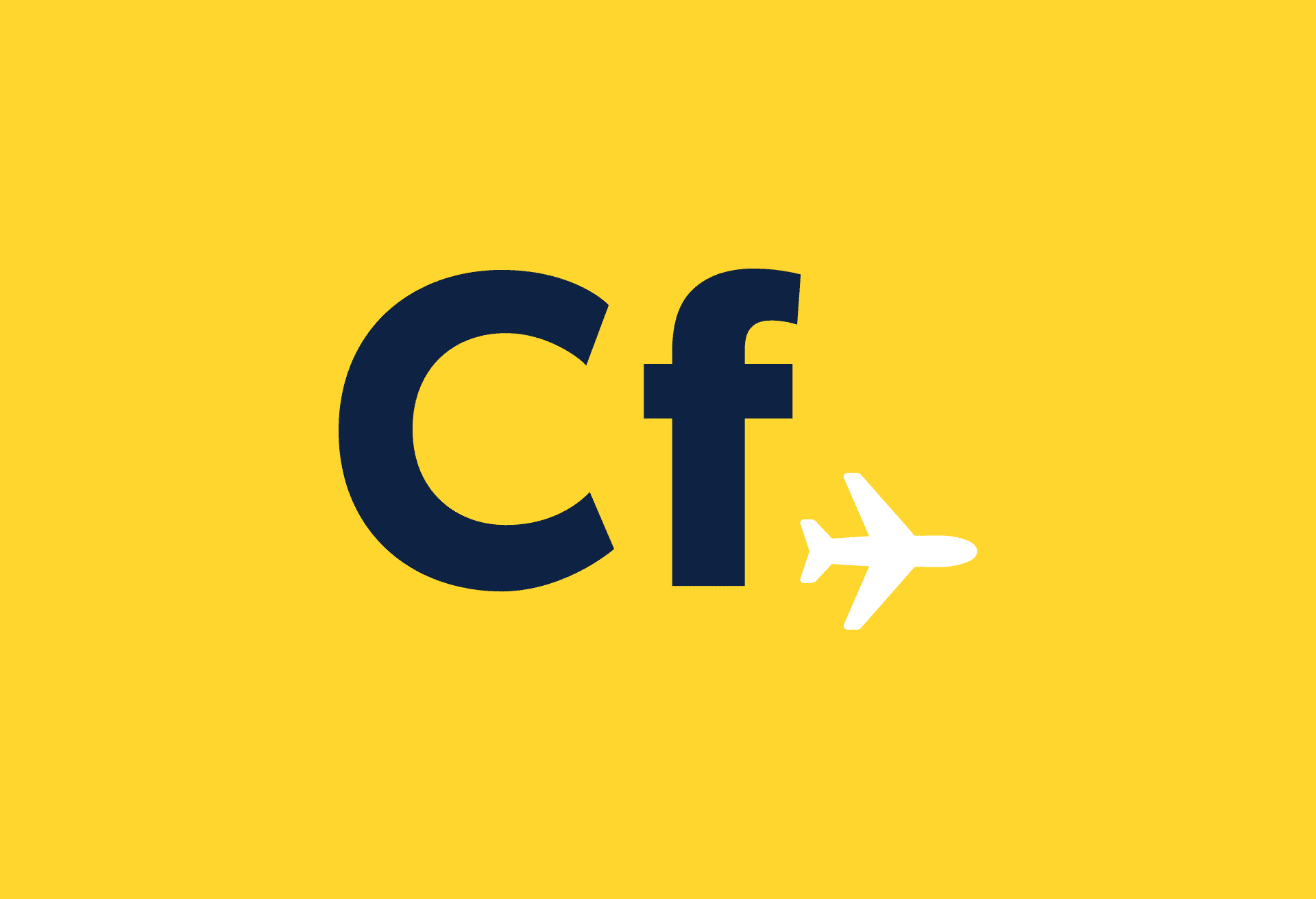Airfare Fine Print
What You Need to Know Before You Buy
“Fares shown are each-way per person in Coach Class, require a round-trip purchase and are available at…” “Fares must be purchased up to three days in advance.” “Minimum/maximum stay and other conditions may apply.” “Taxes, insurance, NAV CANADA surcharge, airport improvement fees Air Travelers’ Security Charge are not included.” This is the type of small print that can take the gloss off a great headline fare. Read on for a guide to the most common airline rules:
Purchase dates
Some airfare deals require that tickets be purchased a specific amount of time (seven, 14, 21 or more days) in advance of travel. If you cannot meet the deadlines, you’ll miss the deals. To ensure that your deal is valid, subscribe to Cheapflights.ca’s newsletter, which flags these dates for you.
Travel dates
In some cases, airlines restrict the lowest fares to mid-week travel rather than weekend (Friday to Saturday) or to specific dates. If you cannot travel on those dates, it doesn’t matter how cheap the deal is. To help you find relevant deals quickly, Cheapflights.ca and the newsletter include travel-date information.
Minimum / maximum-stay requirements
Some fares require you to stay over a minimum number of days, say two or three, and some require that you stay over on a Saturday night. If you are planning an extended visit, you’ll need to check the maximum number of days that you can stay, usually 30.
Refund and ticket change policies
The majority of cheap (and even the not-so-cheap) fares are non-refundable, meaning you cannot get a full refund. However, you can often exchange these tickets for a change fee plus the difference in the new fare. Change policies (which refer to changes to travel dates and routing) vary greatly, with re-routing often being prohibited. Change fees vary from $25 to $200 or so. Crucially, don’t forget that the fare difference could be anywhere from a couple of dollars to several hundred or more.
One-way and round-trip pricing
Airlines often highlight the one-way price for an airfare, but in some cases, that price is only available if you purchase a round-trip ticket. So if you only need to fly one-way, you’ll have to run the numbers to see if you can save anything on a round-trip fare deal.
Blackout dates
Blackout dates (when travel is not permitted) are commonly applied during peak periods, such as Christmas, when demand is high.
Frequent-flyer award travel restrictions
Airline-award tickets, the ones you earn with your frequent-flyer miles and points also come with blackout dates. The solution? In many airline programs, the airlines will give you a seat on virtually any flight if you ante up double or more miles than the standard award requires. When you’ve got lots of miles, it’s a great way to ensure that you get where you want to go, when you want to travel.
Before you start packing, always read the fine print to ensure that you can comply with the specific requirements for that fare as defined by the airline. If there is anything you don’t understand, call the airline.
Featured image: Nicola


